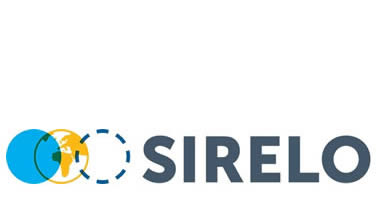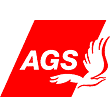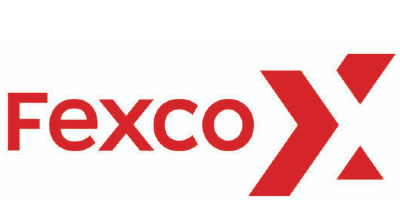Foreign Credentials

Regulated Jobs
You must have your qualifications accredited before working in a regulated industry in Canada. About 20% of jobs in Canada are regulated, including jobs in the health care, financial services, and legal sectors. Trades, such as plumbers, carpenters, and hair stylists are also subject to provincial and territorial regulations, and academic and work experience requirements. These jobs are regulated in order to protect public health and safety, and to ensure that professionals meet the required standards of practice and competence.
Qualifying to immigrate to Canada does not mean that your education, work experience, and professional credentials are automatically recognized in Canada.
The Government of Canada’s Foreign Credentials Referral Office is responsible for providing information and referral services on foreign credential recognition to help internationally trained workers put their skills to work in Canada.
Getting your Foreign Credentials Assessed & Licensed
You will need to get your foreign credentials assessed before working in a regulated profession in Canada.
There are more than 440 regulatory bodies governing 55 professions in Canada. Each province is responsible for licensing regulated professions; therefore licensing requirements vary across the country. Assessment and licensing fees vary according to regulatory body.
To find the appropriate regulatory body for your profession, use the Government of Canada’s Foreign Credentials Referral Office’s free industry-specific factsheets. These can help you to understand the general requirements you must meet to work in your profession and the steps you can take to gain employment in Canada while you are still in your home country. You can access the Foreign Credentials Referral Office’s fact sheets.
You can have your foreign credentials assessed, and begin applying for a professional license or certificate, before you arrive in Canada. To begin, collect any documents that may be required, such as:
- Degrees, diplomas and certificates
- Program descriptions or syllabi
- Letters from professional and regulatory bodies
- Apprenticeship or professional certificates
- Letters from employers and performance reviews
- Work descriptions for past jobs
- Letters of reference from former employers
- Language certificates, examination results, etc.
These documents may need to be translated into English, French, or both. Check with the appropriate regulatory body to see if you need approved or certified translations, and if a lawyer must notarize your documents.
Regulatory bodies will evaluate your academic training, work experience, skills and competencies. This evaluation usually includes the following:
- An assessment of your training and skills by comparing original academic transcripts and descriptions of courses or degrees with Canadian equivalents
- Written examinations or interviews
- An evaluation of your language and communication skills
- A specified period of supervised work experience
- Fees
Even in non-regulated professions, employers may be interested in the Canadian equivalency of your international educational credentials.
A list of credential evaluation, assessment, and qualification recognition services in Canada can be found through the Canadian Information Centre for International Credentials.
Foreign Credentials for Education
You may need to have your foreign credentials assessed and accredited before applying to or studying at a Canadian educational institution or university.
Provincial credential assessment services assess academic credentials for a fee. This assessment will tell you how your foreign education compares with educational standards in the province or territory where you are planning to study. This can assist universities in determining if you meet their entrance requirements.
When having your academic credentials assessed, you may be required to submit:
- Full name, address, and contact information for each academic institution you have attended (beginning with early childhood education and ending with post-graduate or graduate education)
- Original transcripts, diplomas, and certificates from these academic institutions
- Program descriptions or syllabi
- Letters of reference from past instructors, professors, etc.
- Your contact information
- A fee
Wait times on foreign education credential assessments vary from two to eight weeks, depending on the length and complexity of your educational history. Assessment results can be sent directly to you, or to a Canadian educational institution or university.
Private companies such as World Education Services and International Accreditation Organization Canada (IAO) can assist you with accreditation of educational qualifications.
By Jess Gerrow, who traded city life in Canada for island life in the Mediterranean two years ago. She is a postgraduate marketing student, blogger, and freelance writer.
- My Life Abroad -
A selection of expat stories

"A fun compulsive read!"
J. Matcham, Amazon
"I strongly advise people ready to live abroad to read this book!"
Patrice, Amazon


 AGS Worldwide Movers
AGS Worldwide Movers Fexco payment solutions
Fexco payment solutions 1stMove Car Shipping
1stMove Car Shipping